





“When I get lonely, I come to the beach
I play this melody, thinking of you
Please waves, don’t disturb my melody
My lovely girl is listening to it
Pororo, pororo
Waves in the sea
Pororo, pororo
A sad melody”
Although the relatively high level of technical professionalism that resulted from the classic Hollywood style ‘production line’ ethos at Japanese studios in the '60s and '70s often served to disguise the fact, the truth is that commercial films were generally produced at incredible speed on minimal budgets, with popular stars and directors sometimes turning out over ten features per year.
Normally such haste isn’t really an issue (in fact it probably helped fuel these films’ wildly imaginative excess to some extent), but sometimes the limitations of relentless, studio-enforced turnover time become all too clear, with ‘Stray Cat Rock: Wild Jumbo’ perhaps providing a definitive example.
Sadly not featuring a storyline in which Meiko Kaji’s girl gang fights a rogue elephant, the film basically plays as if the team behind it woke up one morning with a blazing hangover and realised they had about four days and a few thousand yen to create a whole movie from scratch or else lose their jobs, with predictably wayward results. If you were in a charitable mood, you could perhaps align ‘Wild Jumbo’s best moments with the breezy ‘first thought/best thought’ style of early Godard, or the pure headfuck cinema of Koji Wakamatsu, but in all honesty the film’s fragmented style seems to have less to do with any deliberate artistic process, and more just with the filmmakers’ need to just throw whatever they could at the screen in a desperate attempt to make the deadline.
It’s rare for Japanese movie series to carry across characters and storylines from film to film, but even by these standards, Nikkatsu’s ‘Stray Cat Rock’ franchise plays pretty fast and loose with its central concept. Initially conceived with the idea of focusing on all-girl biker gangs and co-staring pop star Akiko Wada alongside Meiko Kaji and male lead Tatsuya Fuji, the series had lost both Wada and the motorbikes by the time it got to Yasuharu Hasebe’s superb ‘Stray Cat Rock: Sex Hunter’ (the third film to hit cinemas), and 'Wild Jumbo', the fourth installment, doesn't even have a girl gang, or indeed any gang at all in the conventional criminal / delinquent sense, and sees Kaji is pushed back to what is essentially a pretty pointless supporting role. In fact, the only elements to really cross over from ‘Sex Hunter’ are a lot of gratuitous jeep-driving, a similarly run-down looking harbour setting and the sight of Fuji sporting ray-bans and a crappy pencil moustache.
Concentrating instead on the exploits of a bunch of hippy-ish male losers (one of them has long hair, and Fuji wears beads and a poncho, so I’ll assume they’re supposed to be hippies) who apparently comprise something called ‘The Pelican Club’, the film plays for the most part as a kind of broad, youth-orientated comedy, spending a disproportionate amount of time following these guys as they simply goof around – holding running races, doing handstands, driving jeeps, dancing around with their shirts off, pulling gurning sex faces and laughing uproariously and, in one extraordinarily childish sequence, repeatedly mooning the security guards at a beach and then driving away sniggering.
To some extent, all this stuff could perhaps be seen as a hangover from Nikkatsu’s late ‘50s / early ‘60s ‘sun tribe’ movies, wherein the sight of free-spirited youngsters running around enjoying themselves provided a gently subversive thrill in the midst of the more austere reality of Japan’s post-war reconstruction. Assuming there’s any truth in this at all (I’m just bullshitting really), it’s difficult for me to determine whether all the hi-jinks in ‘Wild Jumbo’ are a deliberate throwback to this era or merely a late period continuation of it, but either way, it certainly has a very different feel to it than the kind of late ‘60s/early ‘70s Japanese films we’re used to seeing in the English-speaking world.
Whilst it does have some nice location shooting, period detail and occasional outbursts of really cool music to recommend it (a couple of great fuzz-rock songs can be heard briefly, and I loved the ‘pedal-steel / harmonica funk’ cue that plays incessantly), I’m sad to report that ‘Wild Jumbo’ still comes across as excruciatingly witless for the most part. Perhaps some of these oddball comedy scenes just don’t translate very well, but I fear it’s more likely they’re just totally stupid wherever you come from.
Why is Meiko Kaji even hanging out with these oafs, you might well ask. She doesn’t really partake in their antics with any degree of enthusiasm, and doesn’t seem to share any particular bond with any of them. It’s like they just threw her into the movie because she’s the star, but forgot to actually assign her a character, or think of anything for her to do except grin and look politely tolerant of her co-stars’ assorted tomfoolery.
Things get plain surreal when one of the guys starts spending his nights obsessively digging holes in the recreation yard at the local high school, taking his new hobby to such extremes that he gets written up in newspapers as “the mysterious moleman”. Initially he refuses to tell anyone what he’s up to, causing his friends to understandably worry for his mental health, but eventually all is revealed: he was digging for a forgotten cache of WWII weaponry, which the gang subsequently make their own, decamping to a patch of wasteland for some light-hearted target practice.
At this point, temporarily remembering what kind of film it’s supposed to be, ‘Wild Jumbo’ takes a sudden lurch toward a crime story, as the gang get mixed up with a mysterious woman who eventually recruits them to undertake a daring heist involving the theft of a cool thirty million yen from an armoured car belonging to a mysterious religious organisation called 'Seikyo Gakkei'. Quite why she’d entrust this dangerous mission to a bunch of goons who don’t even have the wherewithal to get a new front door for their house is beyond me, but, I dunno… I’ll buy it I suppose. It sure beats watching them lighting their farts and playing ping-pong for the duration.
For the final reel or two depicting the robbery and its aftermath, the film’s tone shifts drastically toward a sorta ‘doomed & out of their depth’ seriousness, and, though clearly derivative of every heist movie ever made, the whole thing is done quite well, incongruous moments of sudden violence leading up to a fairly astonishing final two minutes that are more memorable than the rest of the movie put together. Hazy clifftop long-shot, sudden gun shots punctuating a kind of weird existential calm, cut to bold white-on-red lettering and a final fade as incongruously jaunty music plays on a distorted loop.
It’s difficult to know what to make of a film like ‘Wild Jumbo’ really. As discussed above, the “made incredibly quickly and cheaply” theory is my best guess. The one widely reported nugget of info regarding the film’s production states that it was actually made concurrently with Hasebe’s ‘Sex Hunter’, with personnel shuttled across town from one shoot to the other as part of a Nikkatsu drive to knock out as many ‘Stray Cat Rock’ sequels as they possibly could in 1970. This makes sense, and as the more established and respected of the two directors, maybe Hasebe simply got the better deal re: time and resources, leaving ‘Wild Jumbo’ to flounder..?
Watching it blind, it’s difficult to know whether Toshiya Fujita was a young director trying out a few new ideas in an inexperienced, devil-may-care sort of fashion, or an older man reluctantly making a ‘youth’ film whilst under the impression that the youth in question were so degenerate that they’d put up with any old slack-jawed rubbish, occasionally perking up when he got the chance to handle some old school crime/action material. Hitting IMDB and reminding myself that Fujita was born in 1932 and went on to direct Meiko Kaji in the far, far more accomplished ‘Lady Snowblood’ films a few years down the line, I think we’re gonna have to go with the former possibility and contentedly file ‘Wild Jumbo’ in the “for completists only” pile.
About the best things in this movie are the sporadic bits of great music heard throughout, and as such I’ve actually done a quick .zip of choice bits and pieces, including not just the obligatory ballad but a cool fuzz-rock number and an absolutely beautiful Meiko Kaji vocal / guitar performance amongst other things: check it out.



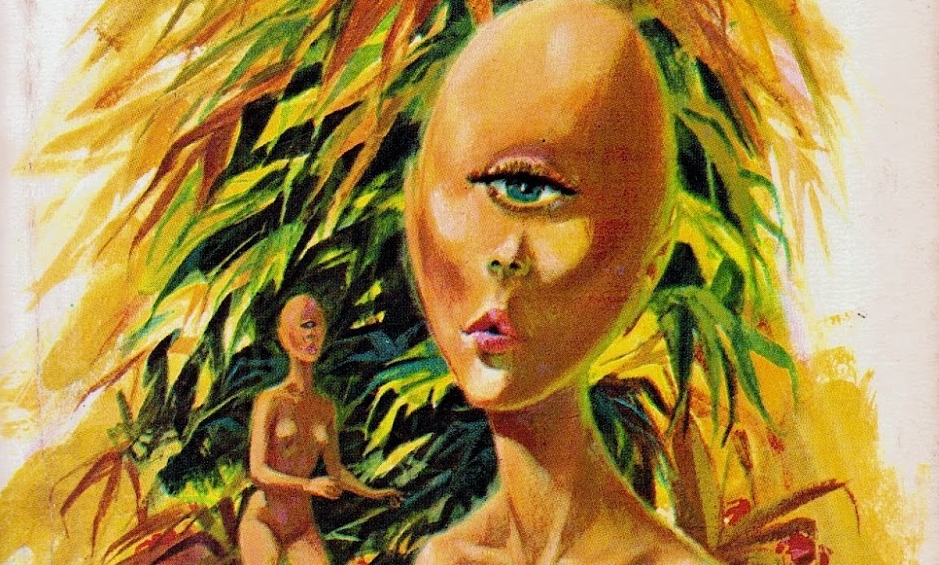
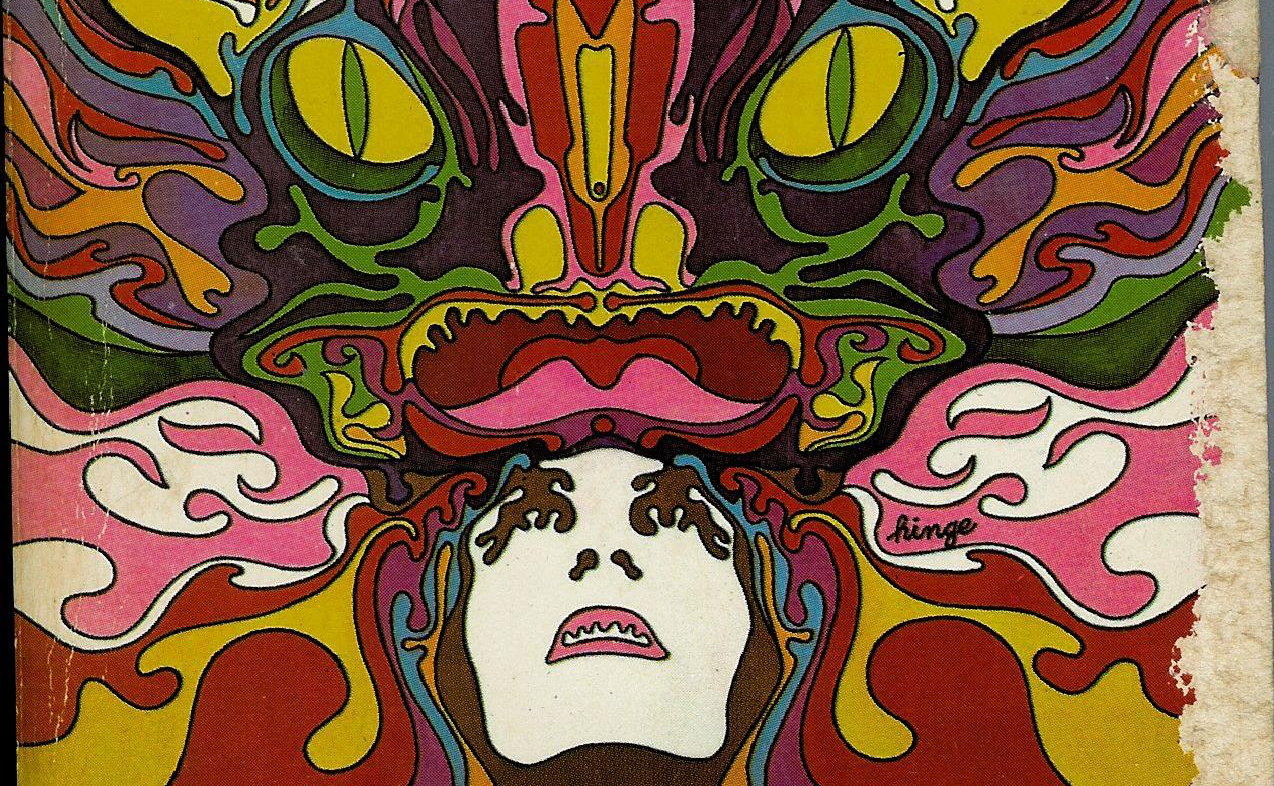

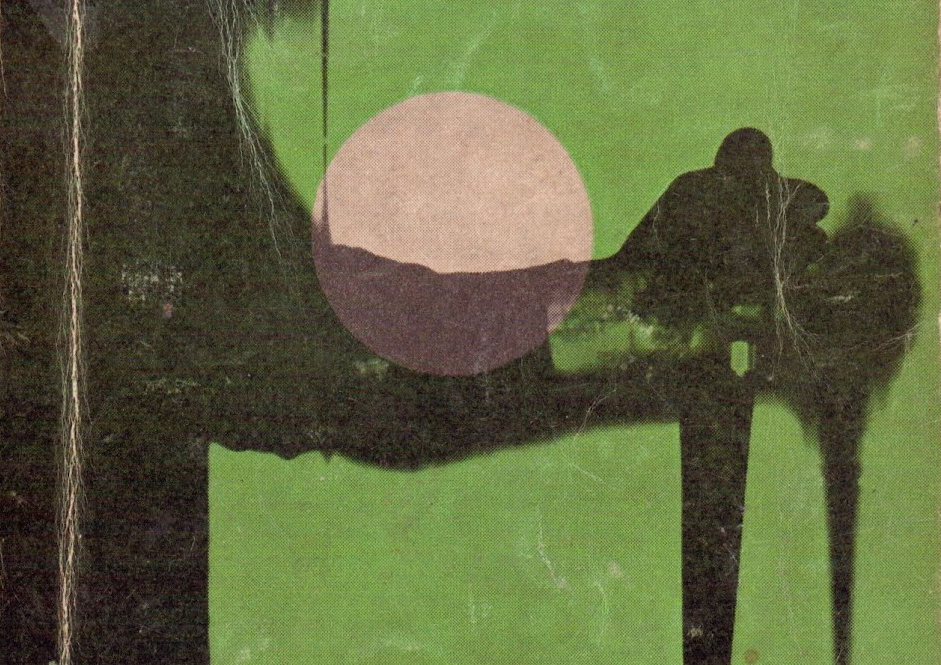
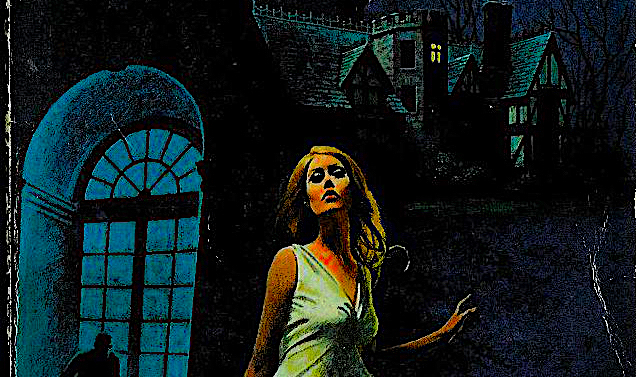
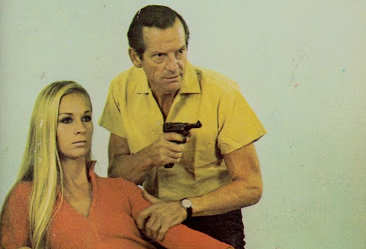
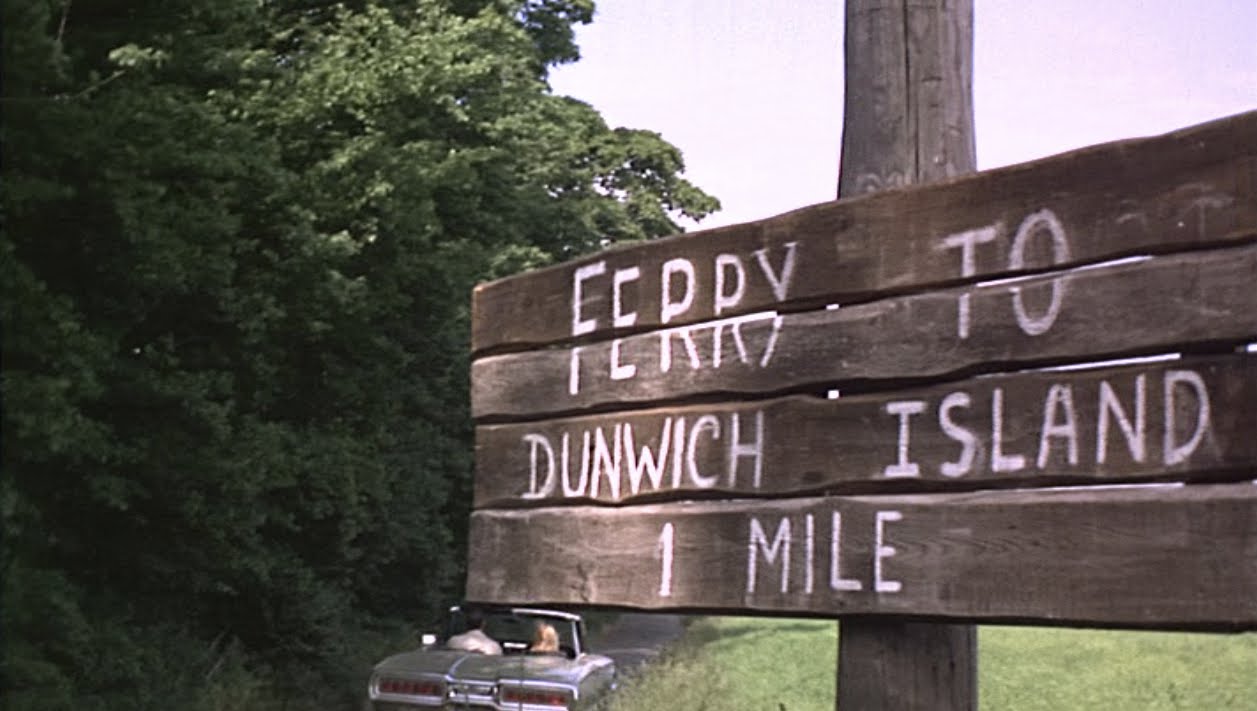
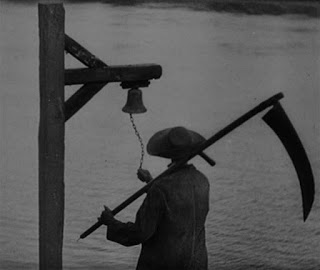
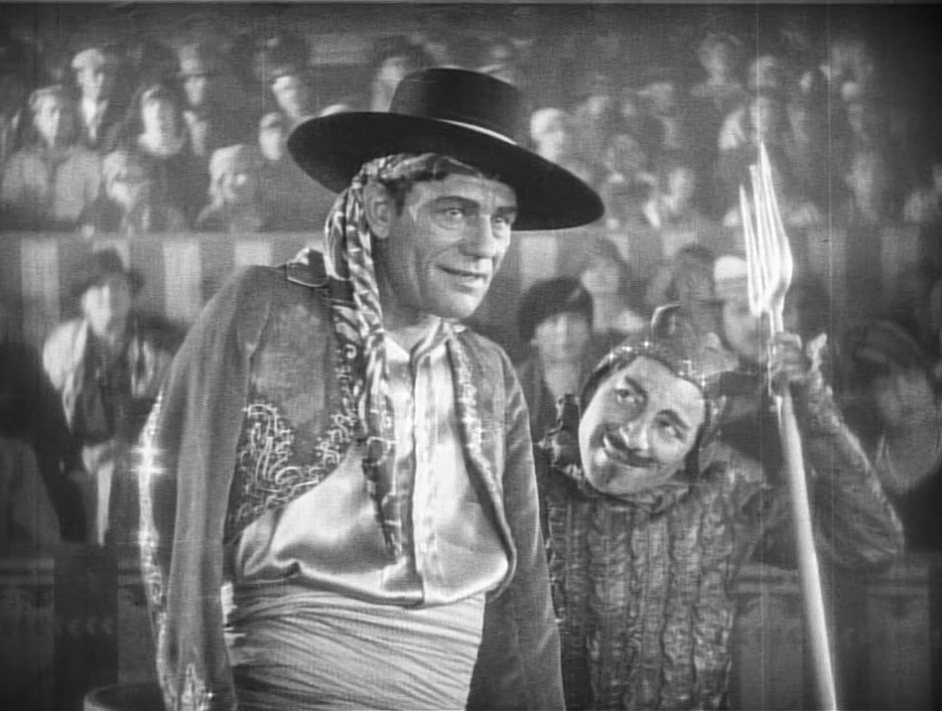
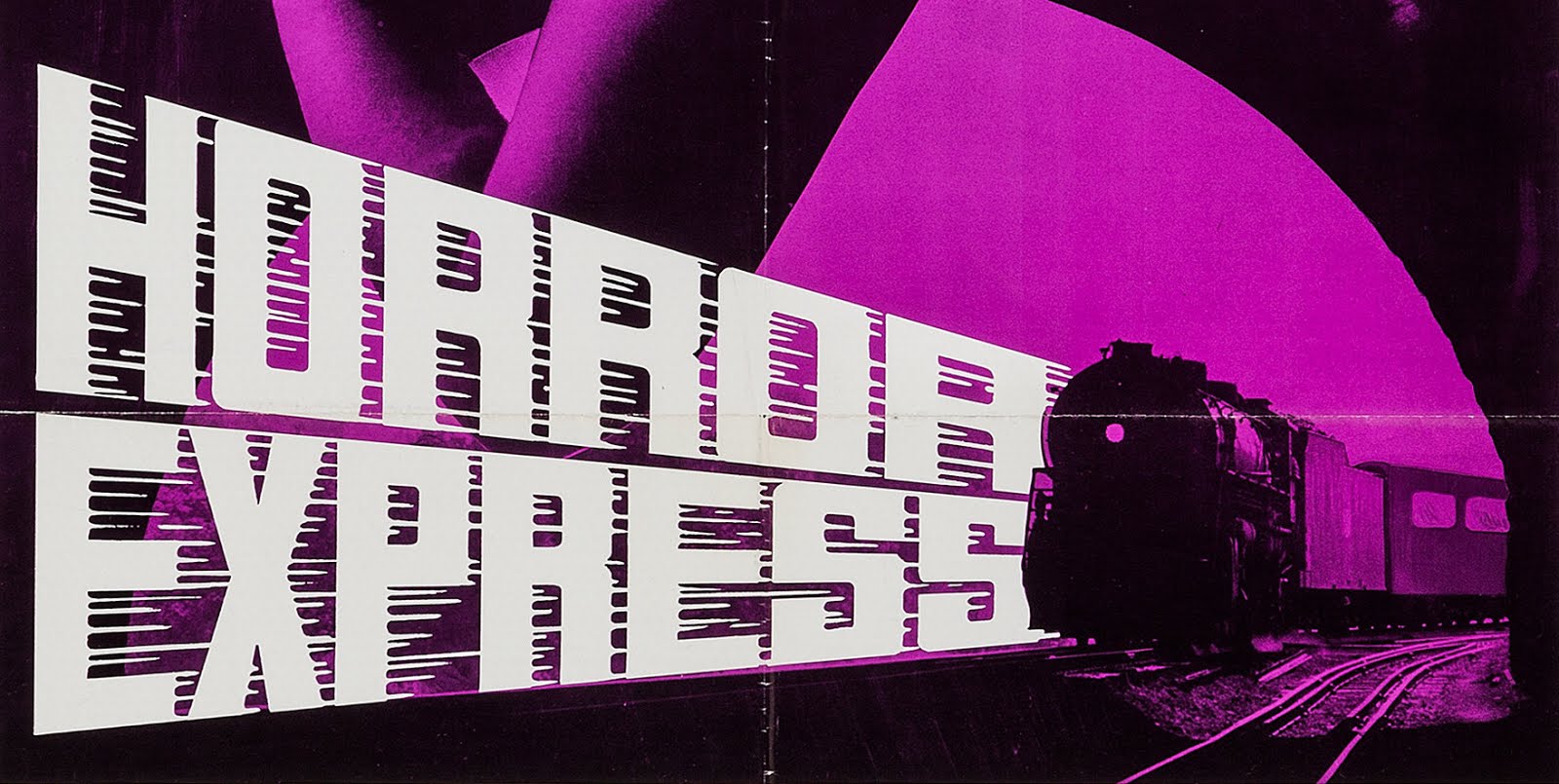
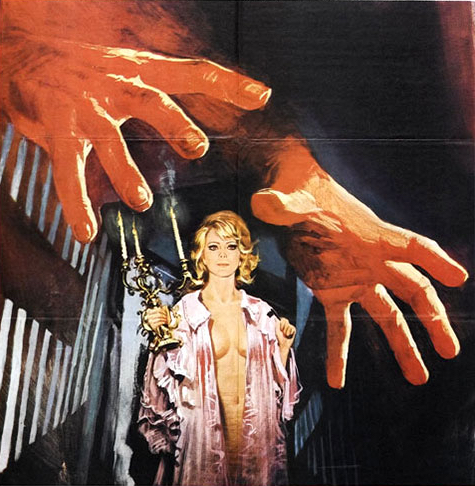

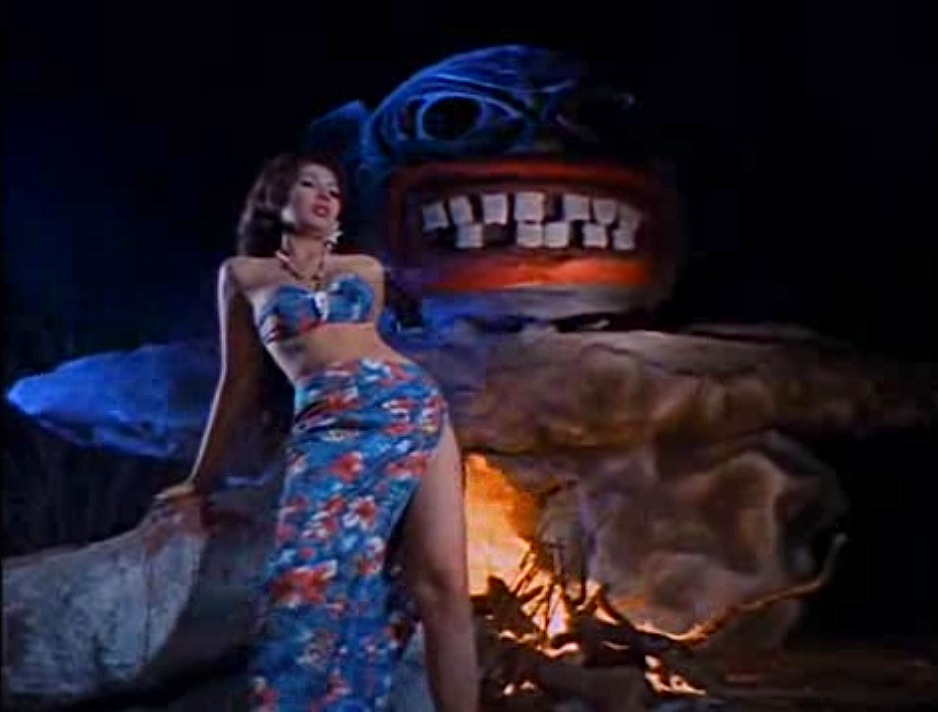




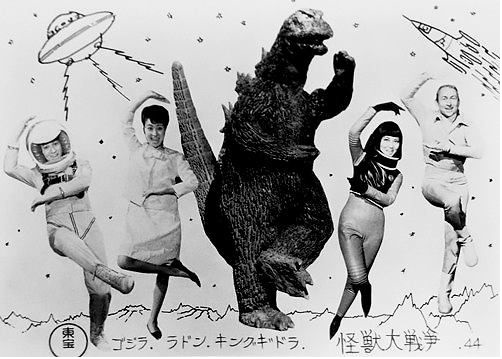



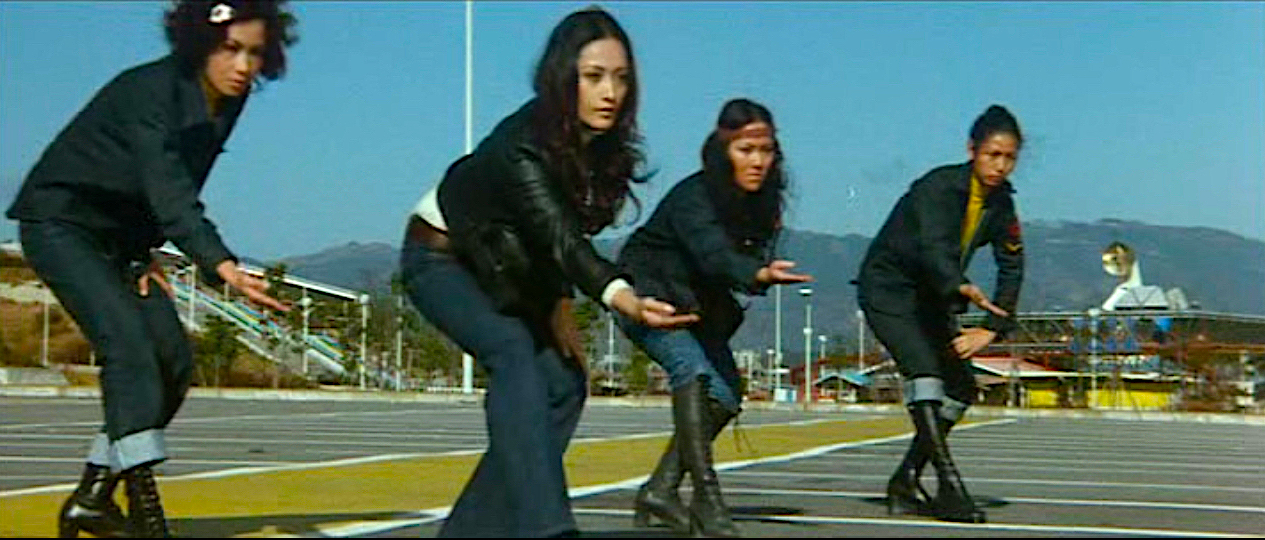


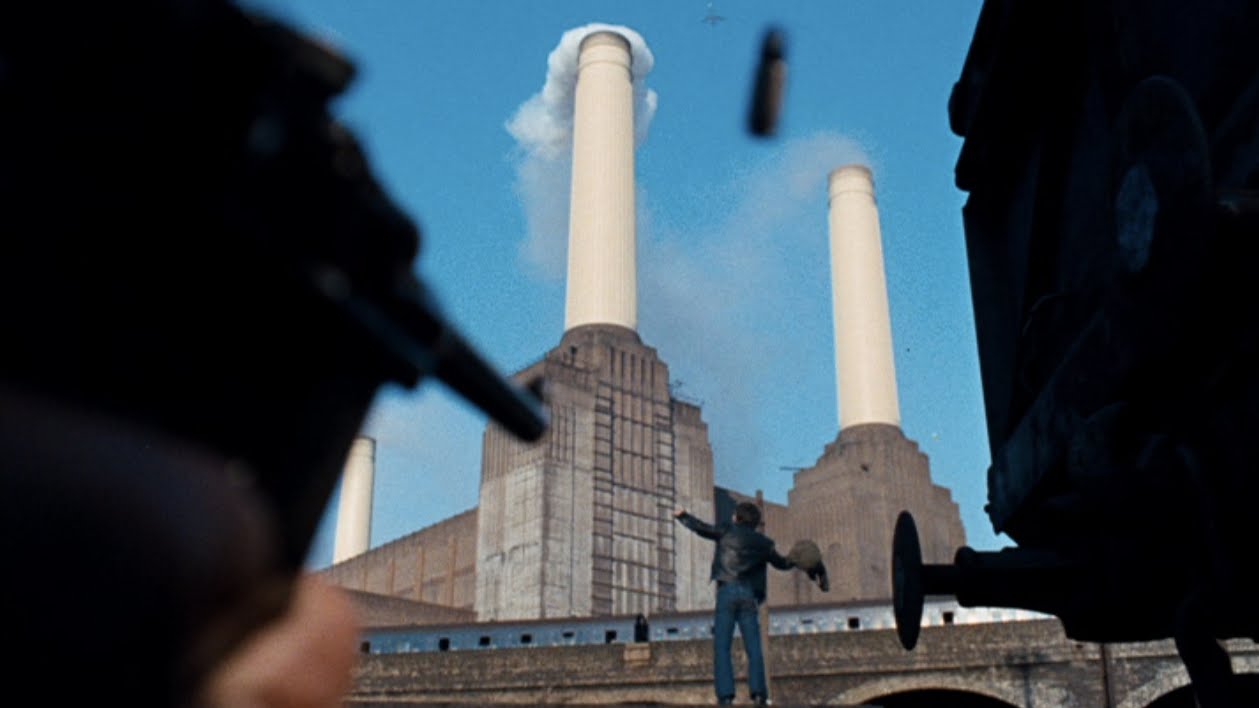
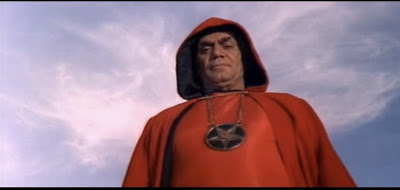









1 comment:
your write up is good but you got your chronology mixed-up stay cat rock: wild jumbo was the 2nd stray cat rock movie to be released, and machine animal was the 4th.
Post a Comment